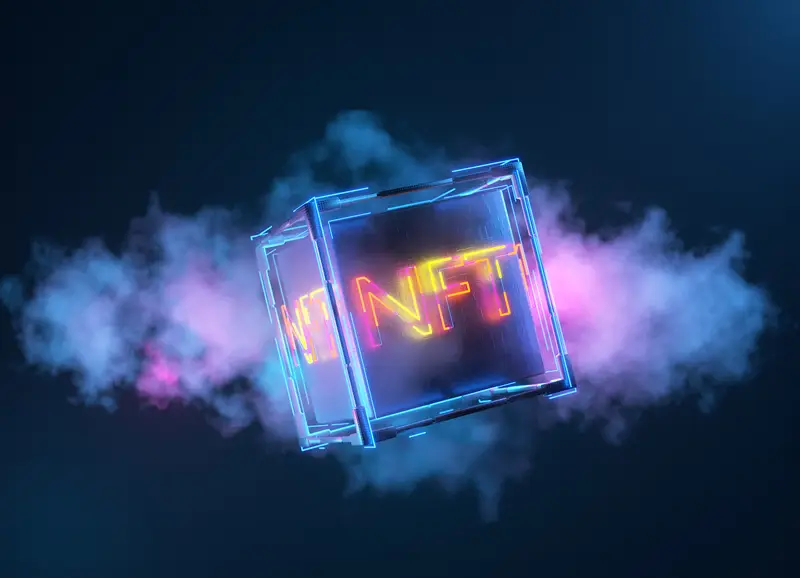The First-Ever Court Ruling Means Your Utility Token May Be an Unregistered Security
Which could be bad news for you. Here’s what happened and why you should care.
What Happened?
Last month a federal judge in New Hampshire ruled that LBRY’s utility token was an unregistered security.[1]
LBRY is a decentralized file-sharing platform designed to be “YouTube on blockchain.” LBRY created a native digital token called LBRY Credits, known as “LBC,” which users can buy with U.S. dollars. To view any content on LBRY other than free content, users must pay with LBC. Users can also use LBC to publish content, create channels, and tip other content creators, among other things.
The problem for LBRY came when the Securities and Exchange Commission (“SEC”) sued it for selling unregistered securities. The SEC argued that while users could use the LBC within the LBRY ecosystem, in reality the token was acting more like a security, a financial asset which comes with regulatory requirements LBRY didn’t comply with when it sold LBC to purchasers.
In agreeing with the SEC, the court relied on the three-part Howey test, which originated from a famous case the Supreme Court decided in 1946. Under Howey, to prove something is a security, there must be 1) an investment of money, 2) in a common enterprise, 3) with an expectation of profits to be derived solely from the efforts of the promoter or a third party. The only element in doubt in this case was the last one: “whether the economic realities surrounding LBRY’s offerings of LBC led investors to have ‘a reasonable expectation of profits to be derived from the entrepreneurial or managerial efforts of others.’”
In holding that LBC satisfied the third element of the Howey test, the court relied on statements LBRY representatives made to potential LBC purchasers that essentially touted LBC as a good investment and the fact that LBRY’s business model depended on LBC increasing in value, meaning purchasers would expect LBC to increase in value based on the efforts of LBRY employees.
LBRY has appealed, but as things stand today, the utility token LBC is a security.
Why Should I Care?
What you may have thought was a currency or a commodity may actually be a highly regulated financial product. This is going to be a paradigm shift for anyone who wasn’t previously aware that utility tokens could be considered securities.
- If You Issued Tokens: You may have sold an investment product subject to federal and state securities laws. If you did not comply with those laws when you advertised or sold the tokens, you could be liable to the SEC or to your state securities regulator for statutory violations, and you could also be liable if a purchaser sues you.
- If You Purchased Tokens: You have rights as an investor if the company that sold the tokens to you did not comply with the law. There are federal and state laws specific to financial wrongdoing that you may be able to use to recover money you lost in connection with purchasing a token.
Bottom Line
Don’t ever let anyone tell you that “there are no crypto laws.” There are many laws that apply to digital assets, even if they do not specifically say “crypto” or “token” or use other blockchain-specific terminology.
If you have questions as a token issuer or as a purchaser, feel free to contact us. Technology changes, but the law still applies. We’re here to help.
[1] The case is Sec. & Exch. Comm’n v. LBRY, Inc., No. 21-CV-260-PB, 2022 WL 16744741 (D.N.H. Nov. 7, 2022).


